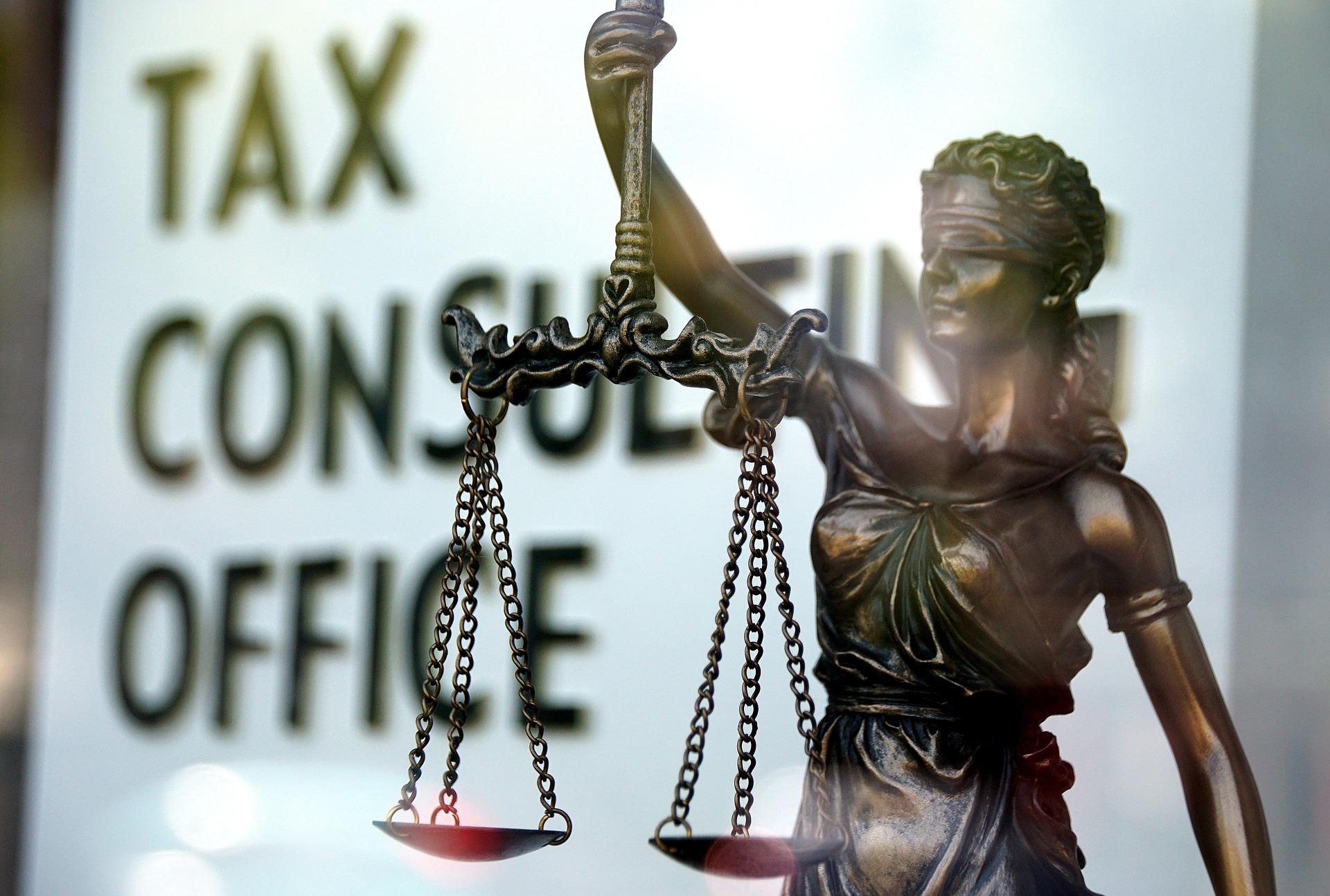"The Legal Dynamics of Climate Change Policies: A Comprehensive Analysis"
The issue of climate change and its impact on our world has been a topic of discussion for decades. However, it was not until the late 20th century that governments began to take concrete steps to address this issue. The Kyoto Protocol of 1997, for instance, marked a significant milestone, with industrialized nations committing to reducing greenhouse gas emissions. Yet, despite these efforts, the legal landscape surrounding climate change remains complex and evolving.

The Paris Agreement: A New Legal Framework
In 2016, the Paris Agreement was adopted as a successor to the Kyoto Protocol, setting a more ambitious goal of limiting global warming to well below 2 degrees Celsius above pre-industrial levels. This agreement has had a profound effect on the legal strategies of countries, necessitating new laws and policies to meet the agreed targets. The Paris Agreement’s flexibility allows each country to determine its own “nationally determined contributions,” which has resulted in varied and unique legal approaches.
Ongoing Legal Developments: The Green New Deal
In recent years, the “Green New Deal” has emerged as a proposed package of legislation in the United States, aimed at addressing climate change and economic inequality. It’s a radical proposal that calls for a complete overhaul of the country’s energy system, moving away from fossil fuels and towards renewable energy. However, the Green New Deal has stirred significant legal debate, with questions arising about its feasibility and the potential impact on the economy and existing industries.
Implications and Impact: Climate Change Policies and Society
The shift towards more aggressive climate change policies, such as the Green New Deal, has significant societal implications. For instance, it could lead to substantial job creation in the renewable energy sector, but also potential job losses in industries reliant on fossil fuels. Additionally, these policies could see the introduction of new taxes or levies, potentially impacting the cost of living and business operations.
The Way Forward: Legal Challenges and Opportunities
As countries strive to meet their climate change obligations, the legal landscape will undoubtedly continue to evolve. This presents both challenges and opportunities. On one hand, existing laws and regulations may need to be revised or replaced, leading to legal uncertainty. On the other hand, it presents a unique opportunity for the development of new legal frameworks that could drive innovation and economic growth.
The legal dynamics surrounding climate change policies are undoubtedly complex, with ongoing developments and far-reaching implications. However, understanding these complexities is crucial as we navigate towards a sustainable future.



